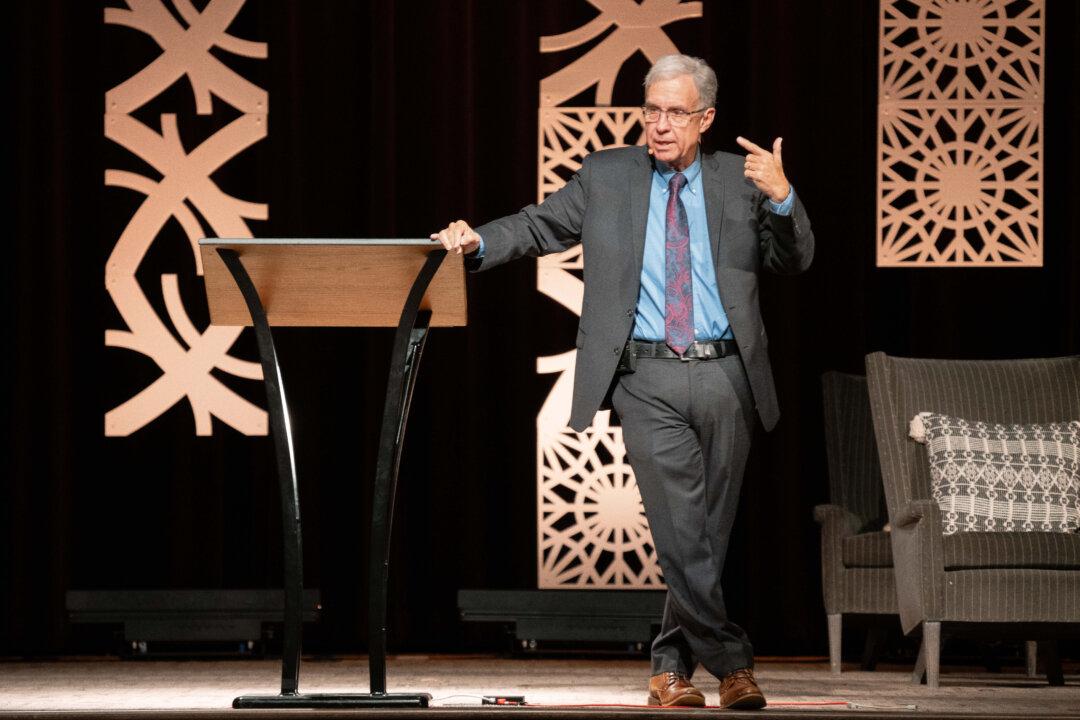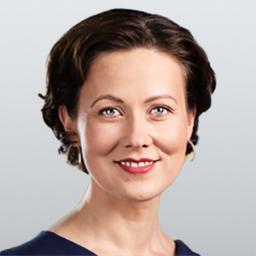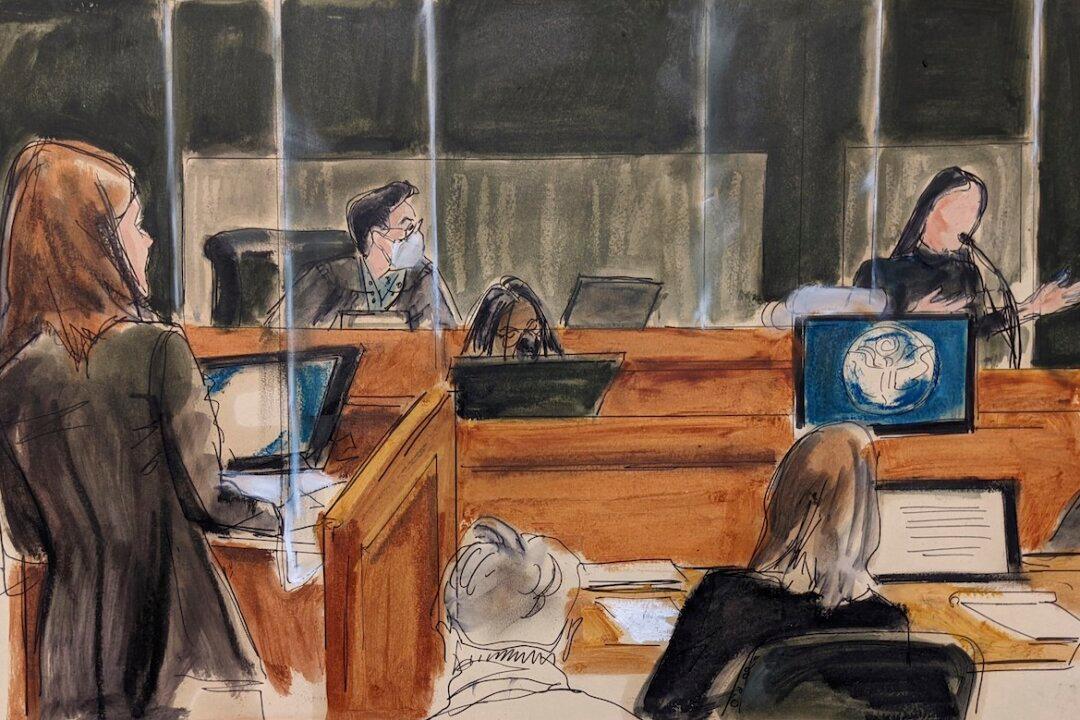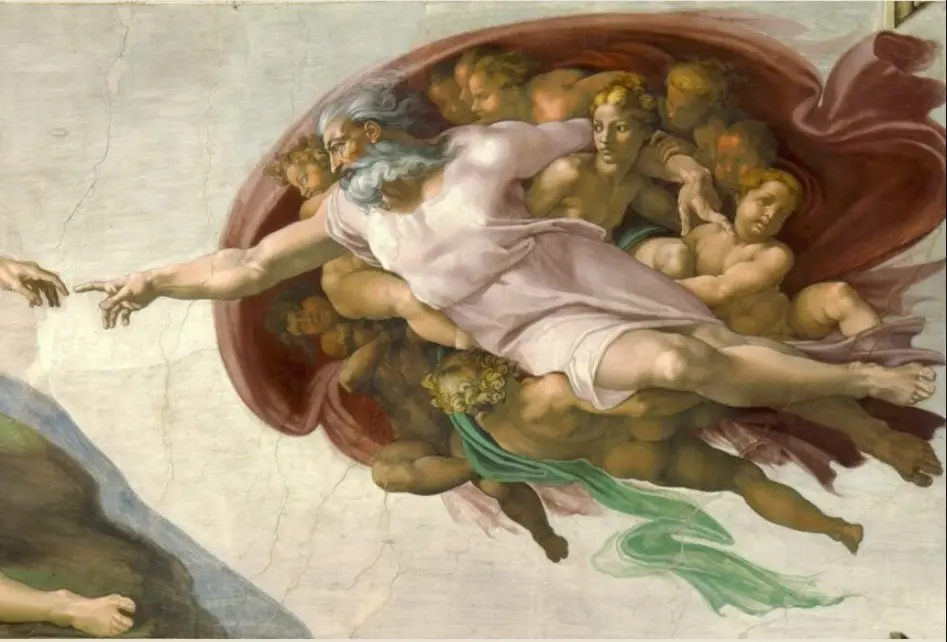GLEN MILLS, Pa.—While mainstream science commonly insists that humans are nothing special in the cosmic scheme of things, there is much scientific evidence that proves otherwise.
“We should be in awe,” said renowned biologist, Michael Denton, after presenting his latest scientific findings on how our cosmos is not only uniquely designed for oxygen-breathing creatures made of carbon and cells, but that it is specifically designed for beings who walk on land with two legs and who pursue technological advancement.





